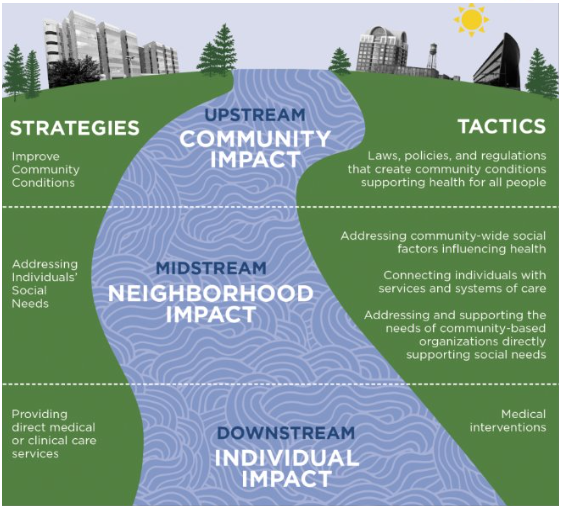


With ill health costing Jersey £108m every year, plans for a 'Prevention Hub' are being drafted with a view to helping islanders lead healthier lives – and bringing down the bill.
Giving a presentation at yesterday's Health Advisory Board meeting which outlined hopes to make "Jersey the healthiest place in the world", Professor Peter Bradley, Director of Public Health, set out his vision for a "one-stop shop" for triage, screenings for conditions, vaccination signposting and lifestyle advice.
The hub fits into a wider public health strategy that aims to make Jersey "the healthiest place in the world", with prevention as a key priority.
Professor Bradley explained that, despite life expectancy having risen, women on average spend 23.7 years in poorer health and men spend on average 17.4 years in poorer health. The number of hospital bed days, he said, is expected to increase by 30% by 2043.
Some measures that could reduce demand on healthcare services include supporting people to adopt a healthier lifestyle (for example, by addressing excess alcohol intake), and reducing the prevalence of preventable conditions.
Inequality – which is high in Jersey, higher than in the UK and Italy and just below Bulgaria – is also a factor, he explained.

Pictured: The service could help people build healthier lifestyles, including reducing their alcohol intake
He explained that the island's health services needed to support those who are at already risk of developing a long-term condition, but should also seek to embed healthy habits right from childhood.
He stressed that investing in public health was important, and that ill health costs Jersey an estimated £108 million every year.
He added: "On average, if we spend £1, we get £14 back."
A 1% reduction in common long-term conditions would avoid about £5m in additional healthcare costs, with 10% reduction saving £45m and a 20% reduction saving £90m, the Advisory Board was told.
An initial reduction of 1% could be achieved in a "year or two", according to Mr Bradley, with 20% possible by the end of the decade.
Outlining the vision for a "single site of excellence" Prevention Hub, Professor Bradley explained that it would serve as a place of triage for patients at high risk of diabetes, dementia, cardiovascular disease, stroke and respiratory issues, as well as acting as a screening hub for cancers (such as bowel cancer, breast cancer and cervical cancer), in addition to offering diabetic retinal screening and genetic screening.

Pictured: Islanders' health and wellbeing can be supported in communities, neighbourhoods and on an individual level, according to Professor Bradley.
The site could also be used to assist with lifestyle advice on issues like alcohol, smoking, weight, nutrition and exercise, and signpost patients to vaccination services, he said.
Health's Chief Officer, Chris Bown, said it was essential that Public Health received the funding it requires to carry out its preventative work.

Pictured: Peter Bradley delivered the talk to the HCS Advisory Board on Thursday 25 July.
"[Public Health] has to be funded, otherwise we'll be here in 10 years time and these indicators and the health inequalities will have grown," he said.
"We'll be in real difficulties."
While they aim to work in a joined up way, Public Health sits outside of the main Health Department, whose finances are under more scrutiny than ever, with the department having failed to meet successive budgets.
Health Minister Tom Binet previously said he believed the department would need an extra £24m at least this year and next year amid a global rise in the cost of providing care.
Comments
Comments on this story express the views of the commentator only, not Bailiwick Publishing. We are unable to guarantee the accuracy of any of those comments.